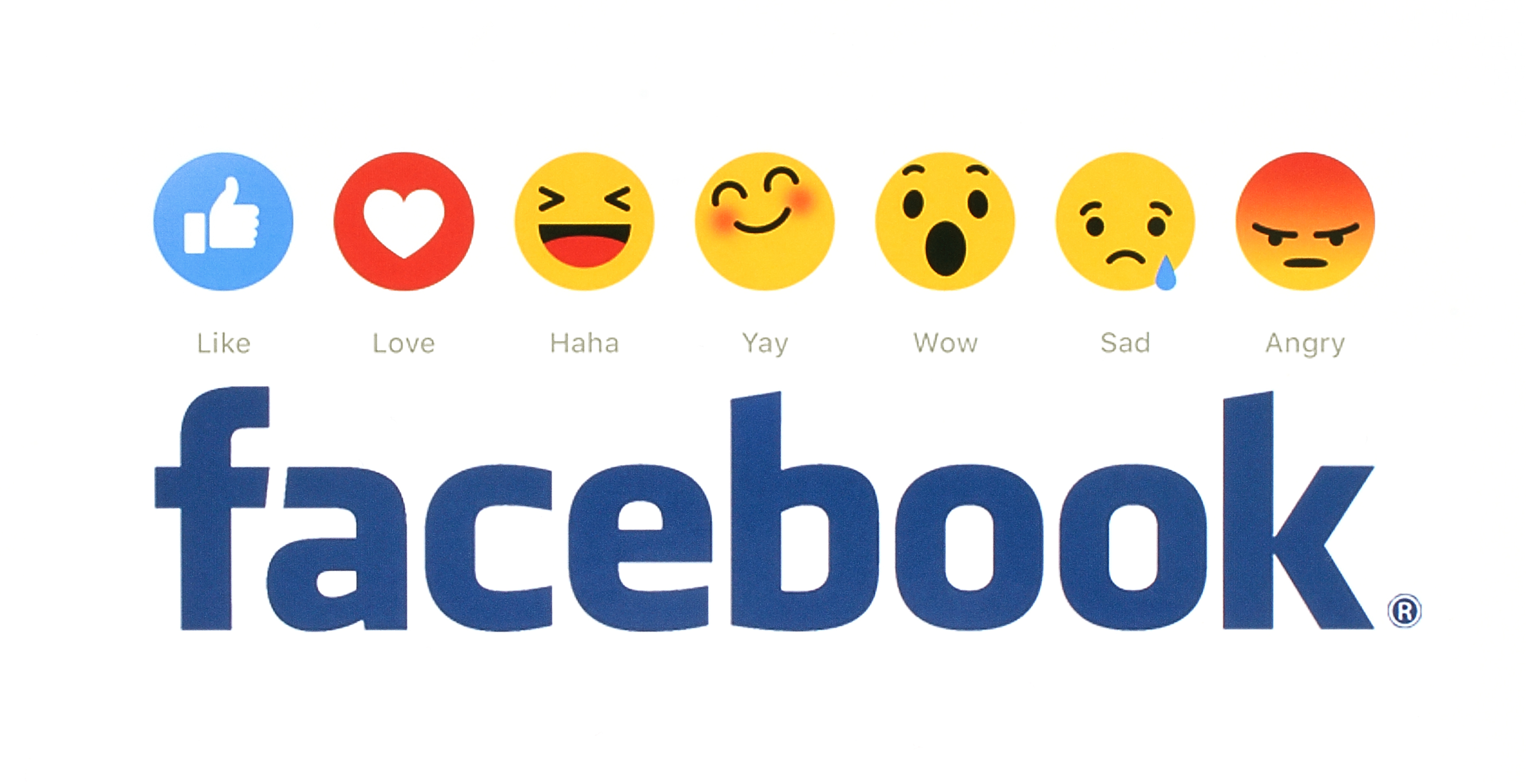The "Facebook Bill" is a Step in the Right Direction - but there is Still Much to be Done
IDI supports a number of the amendments made to the bill but there are still several highly problematic issues

Ahead of the discussion on the new version of the "Facebook bill", due to be held today (Tuesday), at a joint Knesset subcommittee of the Constitution, Law, and Justice Committee and the Science and Technology Committee, the Israel Democracy Institute supports a number of the amendments made to the bill. In particular, IDI welcomes the proposal to transfer hearings about removing content, from administrative courts to the district courts, with specific judges being authorized, after undergoing training for acquiring digital skills, to rule on such requests.
In a professional opinion submitted ahead of the committee discussion by Dr. Tehilla Shwartz Altshuler, Director of the Institute’s ‘Democracy in the Information Age’ program, and Attorney Rachel Aridor-Hershkovitz, the authors write: “Despite the improvements made, the current bill still contains a number of highly problematic issues. For example, though requests for the removal of content are now to be discussed in a district court, this still means that what ought to be a criminal procedure will be heard in court ex parte (with only one side present), with no minimal conditions being set and without the reasoning behind the ruling being made public.”
In addition, the offenses defined in the bill as justifying removal of content on any website including social platform such as Facebook, are not properly defined and bounded, and the wording leaves much leeway for the authorities to use the law for purposes that do not necessarily involve the prevention of terror activities or harm to individuals’ life. The bill might also lead to contradictory intersections of Facebook’s global activities: for example, a post written by a user in the United States may be protected under the US constitution, while in Israel it might be subject to a court order requiring its removal. This is an impossible situation for a company that operates globally.
Dr. Altshuler and Adv. Aridor-Hershkovitz: “It is highly doubtful that the proposed legislation will be effective in a world in which content is easily shared in the form of screenshots, and in which there are countless platforms to publish it. In this context, it should be noted that a mechanism has already been created; enforcement authorities currently submit requests to internet companies to remove content. According to recent data, this ‘voluntary’ form of cooperation, despite its imperfections, has led to the removal of more than 2,000 content items from social networks between 2014 and 2016. In 2017, 12,355 requests for removal were submitted, the great majority of which were complied with. The question, then, is whether there is any significance at all to the legal route, given that the overwhelming majority of requests, certainly any regarding security or terror-related issues, are dealt with using existing means.
If anything, it would be better to formalize the existing enforcement mechanism, which represents a ‘dialogue of censorship’ between the state and the internet powers, so that at the very least, it becomes more transparent and runs according to clear and sensible criteria that will prevent infringements on the freedom of expression.”

